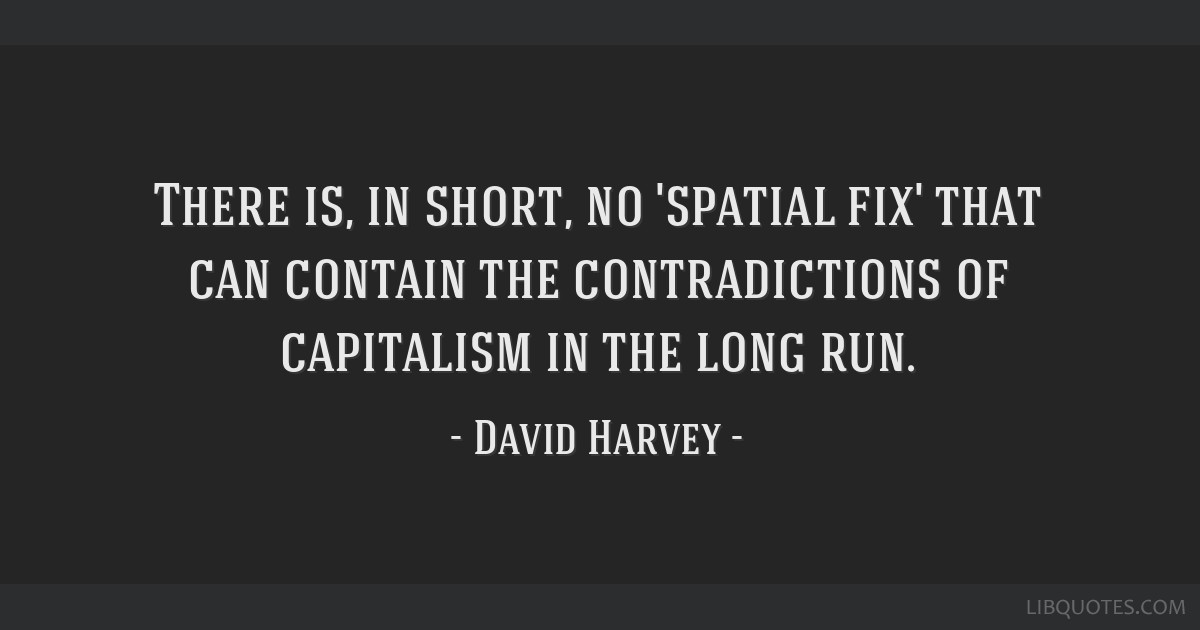Anti-Capitalist Meet-Up: post-Trump environmentalism must move beyond a Green New Deal
Submitted by annieli on Mon, 09/30/2019 - 5:48pm![EFpKlyFXUAAVCR41[1]](https://genehowington.files.wordpress.com/2019/09/efpklyfxuaavcr411.jpg)
- "Given the state of the planet," writes 350.org founder Bill McKibben in his new feature piece for In These Times, it would have been ideal for the world to have fully transitioned its energy systems away from fossil fuels to 100 percent renewable sources "25 years ago." But we can still push for the "second best" option, McKibben concludes. To do so, we must move toward wind, solar, and water "as fast as humanly possible." (Common Dreams)
In less than 400 days the US could be relieved of perhaps the stupidest self-proclaimed “environmentalist” in US history. We will need to refocus the post-Trump environmental economy to sustainable goals that reposition the discourse about economic growth, particularly energy production, distribution, and consumption. The Green New Deal is only a start to discussing how labor and education must be central to new national industrial policies.

![neoliberalism[1]](https://genehowington.files.wordpress.com/2019/03/neoliberalism1.jpg)
![800px-Industry_4.0[1][1]](https://genehowington.files.wordpress.com/2019/02/800px-industry_4.011.png)


![iu[1]](https://virtualcapital.files.wordpress.com/2018/12/iu1.jpg) Imagine this story…
Imagine this story…
![iu_1_[1]](https://virtualcapital.files.wordpress.com/2018/09/iu_1_1.jpg) "The biggest capital power in London is of course the Bank of England, but its position as a semi-state institution makes it impossible for it to assert its domination in so brutal a fashion. Nonetheless, it too is sufficiently capable of looking after itself... Inasmuch as the Bank issues notes that are not backed by the metal reserve in its vaults, it creates tokens of value that are not only means of circulation, but also forms additional - even if fictitious - capital for it, to the nominal value of these fiduciary notes, and this extra capital yields it an extra profit." Marx, Karl. Capital, volume 3. Penguin. pp. 674–675.
"The biggest capital power in London is of course the Bank of England, but its position as a semi-state institution makes it impossible for it to assert its domination in so brutal a fashion. Nonetheless, it too is sufficiently capable of looking after itself... Inasmuch as the Bank issues notes that are not backed by the metal reserve in its vaults, it creates tokens of value that are not only means of circulation, but also forms additional - even if fictitious - capital for it, to the nominal value of these fiduciary notes, and this extra capital yields it an extra profit." Marx, Karl. Capital, volume 3. Penguin. pp. 674–675.![Socialism[1]](https://virtualcapital.files.wordpress.com/2018/09/socialism1.jpg)

